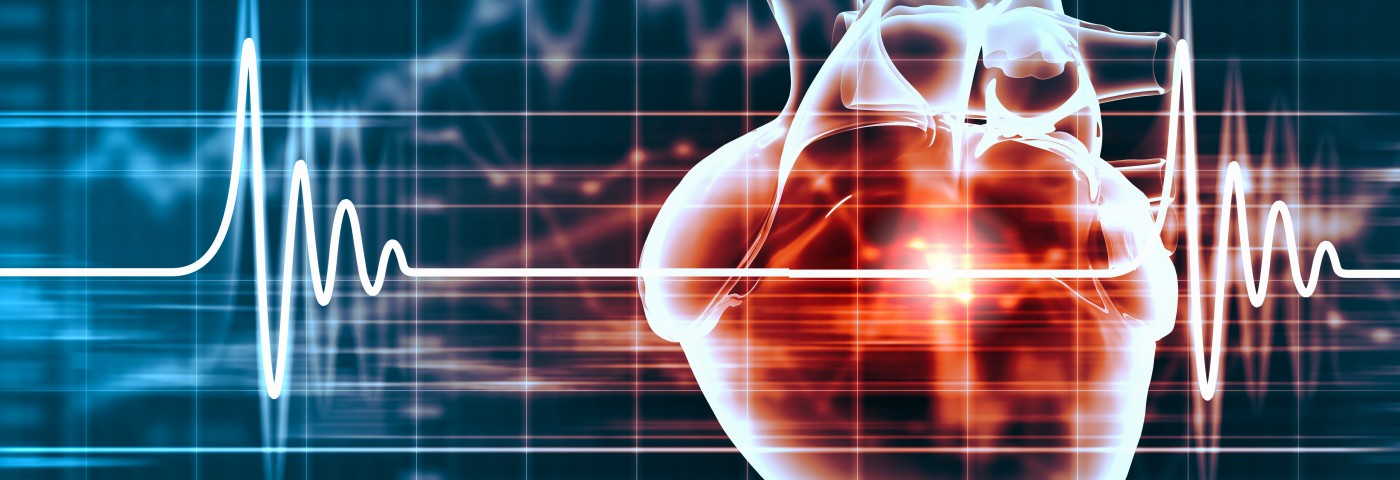Hodgkin lymphoma (HL) survivors are at a greater risk of developing coronary heart disease, most likely due to their exposure to radiation of the heart during cancer treatment, researchers said in a study published in Oncology Times. Findings of a linear relationship between radiation dose and heart disease have been described for other cancer forms, but this is the first evidence that the relationship also appears to hold true in HL.
The study, “Hodgkin Lymphoma Survivors Face Long-term Elevated Risk of Cardiovascular Disease,” retrospectively analyzed data from 2,617 patients who had survived for at least five years after HL diagnosis. Analysis revealed that 325 of the total patient cohort developed coronary heart disease, with its first signs being either symptomatic myocardial infarction or angina pectoris requiring intervention.
Coronary heart disease risk rose with the increase in the dose of radiation directed at the heart, the research team from the Netherlands Cancer Institute found. “For patients treated in the past, these results can be helpful in estimating the risk of coronary heart disease for survivorship care,” the study’s first author, Frederika van Nimwegen, told Oncology Times. “For patients treated nowadays, it’s a bit harder to estimate this risk as the late effects of currently given treatment are not known yet, but since the results show a linear dose-response relationship, you can also use it to estimate the risk for patients treated today who have been given lower doses of radiation — about eight to 15 Gray.”
The research group has previously shown that HL patients have an increased risk of cardiovascular disease up to 40 years after initial treatment, with younger patients at greater risk than older individuals.
Among patients who developed coronary heart disease, researchers found that 91 percent had been treated with mediastinal radiotherapy during HL, compared to 79 percent of the HL patients who did not develop heart disease. Mediastinal radiotherapy was associated with a 2.63-fold increased probability of developing coronary heart disease.
The team is now looking into the relationship between radiation dose and heart failure in the same patients. They also hope to explore if single nucleotide mutations might be related to cardiotoxicity in patients exposed to radiotherapy. Such knowledge could aid guiding future treatment decisions, giving patients with an increased risk the option of chemotherapy treatment.


